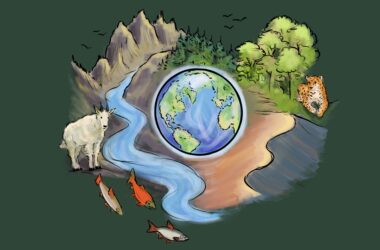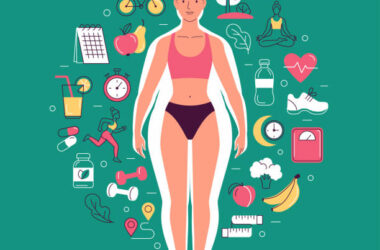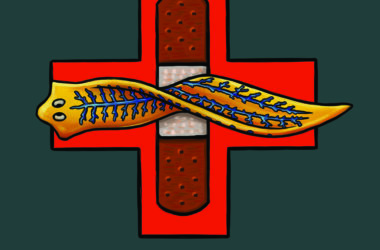2020 was a year that marked the start of the COVID-19 pandemic, the public health crisis that spurred unprecedented timelines for vaccine development. However, 2020 should be infamous for another reason—it was one of the hottest years in history. Adding insult to injury, this was not some statistical outlier: The[Read More…]
Science & Technology
The latest in science and technology.
Fact or Fiction: Do word games really keep your brain healthier?
Over the past few years, word puzzles and brain games have exploded in popularity. Most of us are familiar with the green, yellow, and grey squares of Wordle, acquired by The New York Times in January 2022, or have attempted to organize letters on a Scrabble board to no avail.[Read More…]
Top five scientific discoveries at McGill in 2022
This past year was a remarkable one in scientific research, especially when you add McGill researchers to the mix. The McGill Tribune is pleased to bring you the impressive advancements in science made at McGill over the past 12 months. Forging a better treatment path for triple-negative breast cancer Every[Read More…]
The transforming landscape of linguistic diversity
The Montreal Underdocumented Languages Linguistics Lab (MULL-Lab) houses linguists from McGill and the wider Montreal community who focus their research on languages that are considered to be at risk of extinction because so few people speak them. For example, MULL has ongoing research on Inuktitut and Tlingit, two Indigenous languages[Read More…]
The harms of transformation diets
Content Warning: Mention of disordered eating, abuse Diet and exercise: The cure-all for any health issue, right? Social media is smattered with self-proclaimed “fitness coaches” and “dieticians” who prescribe these quick fixes for anyone wanting to lose weight quickly. The truth is that these “transformation” diets prey on those with[Read More…]
NeuroLingo breaks down neuroscience jargon during TED-talk-like event
On Nov. 26, NeuroLingo hosted a free public neuroscience event during which researchers shared their ongoing projects. Founded in January 2020 by four graduate students in McGill’s Integrated Program in Neuroscience (IPN), NeuroLingo is a neuroscience outreach initiative with the goal of demystifying complex topics in neuroscience. The six speakers[Read More…]
Hold your breath, make a wish and count to 2.5
Air pollution from industrial processes, cars, and even forest fires means that the air we breathe contains numerous harmful particles and debris. Fine particulate matter, known as PM2.5, are tiny particles in the air released by both natural sources and human activities. Since The McGill Tribune last reported on this fine[Read More…]
How STEM’s leaky pipeline persists at McGill
At the end of this semester, I will have completed half of my neuroscience undergraduate degree at McGill, and the number of women professors in my science courses so far is slightly alarming. Out of the 22 professors that I have had spanning disciplines like neuroscience, biology, mathematics, physiology, and[Read More…]
Trottier Foundation gives $16 million to McGill Space Institute
The Trottier Family Foundation announced on Nov. 21 that they would be making a donation of $16 million to the McGill Space Institute (MSI)—which will now be called the Trottier Space Institute (TSI)—as well as $10 million to L’Université de Montréal. Half of the money donated to McGill will go[Read More…]
Flatworm-inspired bioadhesives allow pressure-free hemorrhage treatment
Hemorrhages account for about two million potentially avoidable deaths around the world every year. With a 30 to 40 per cent rate of trauma mortality, the impact of hemorrhages worldwide cannot be understated. Yet, a group of researchers at McGill made a remarkable improvement in its treatment by developing bioadhesives[Read More…]















